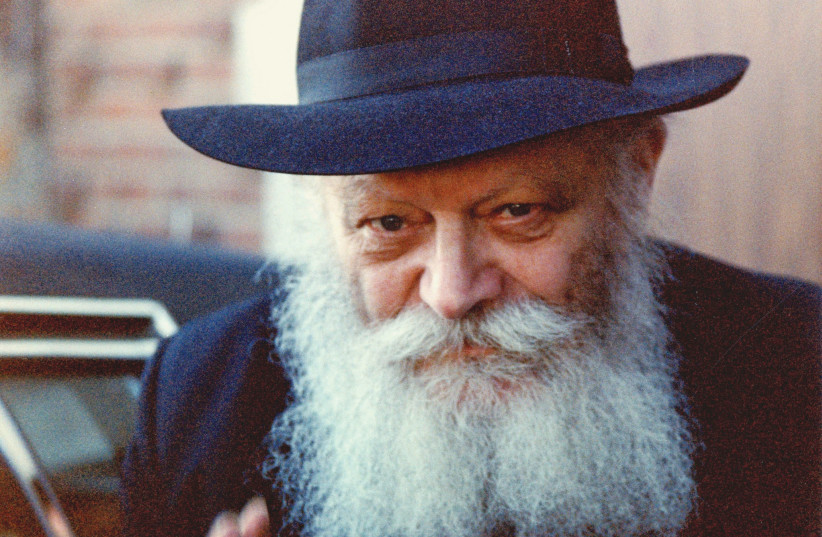Chaya (a pseudonym) was the principal of a Chabad-Lubavitch school in Jerusalem. She filed a lawsuit in the Jerusalem Regional Court to prevent her dismissal, and I was the judge. Dismissal cases are often highly emotional, with mutual accusations and personal animosity. However, they are not infrequent, and there are laws and court precedents to guide the judges. Court appearances by ultra-Orthodox Jews are a common component of the multicultural Jerusalem population. So I prepared for another difficult, but routine, trial. To my surprise, this was an unusual trial which I remember well, even though it took place about 40 years ago.
Chaya entered the courtroom, modestly dressed, in clothing that covered her collarbone, elbows, knees, and head. She was accompanied by a few male parents of girls in the school – men with impressive beards, long black robes, white shirts, and Chabad fedora hats. Representing the Chabad institutions and other parents were male Chabad Hassidim, similarly dressed. Aside from the Hassid who represented the administration, the others introduced themselves as senior members of the Jerusalem Chabad community, interested in Chabad education, with children in the school and other Chabad educational institutions.

